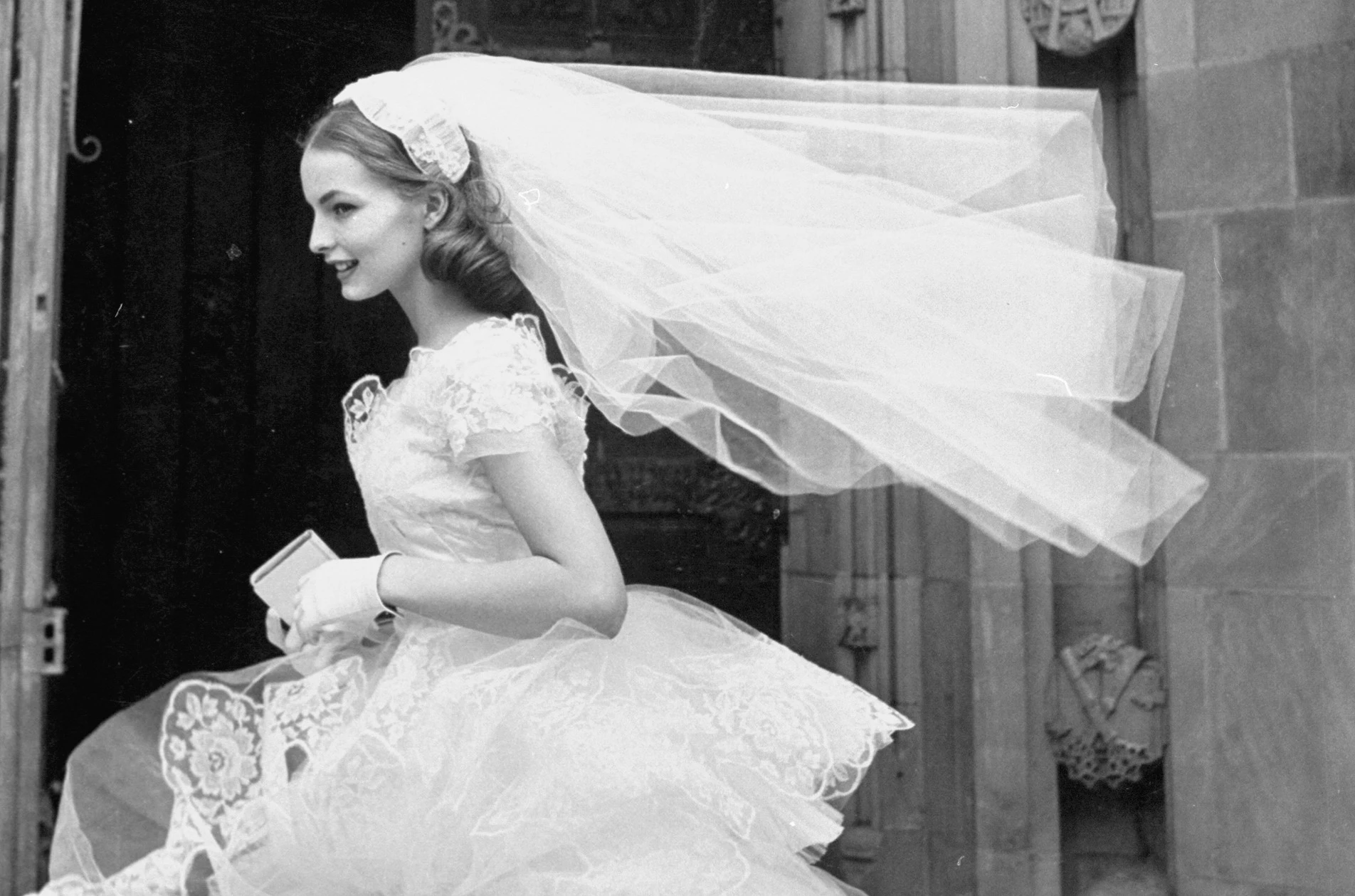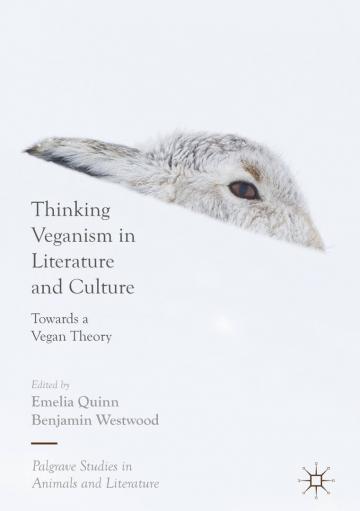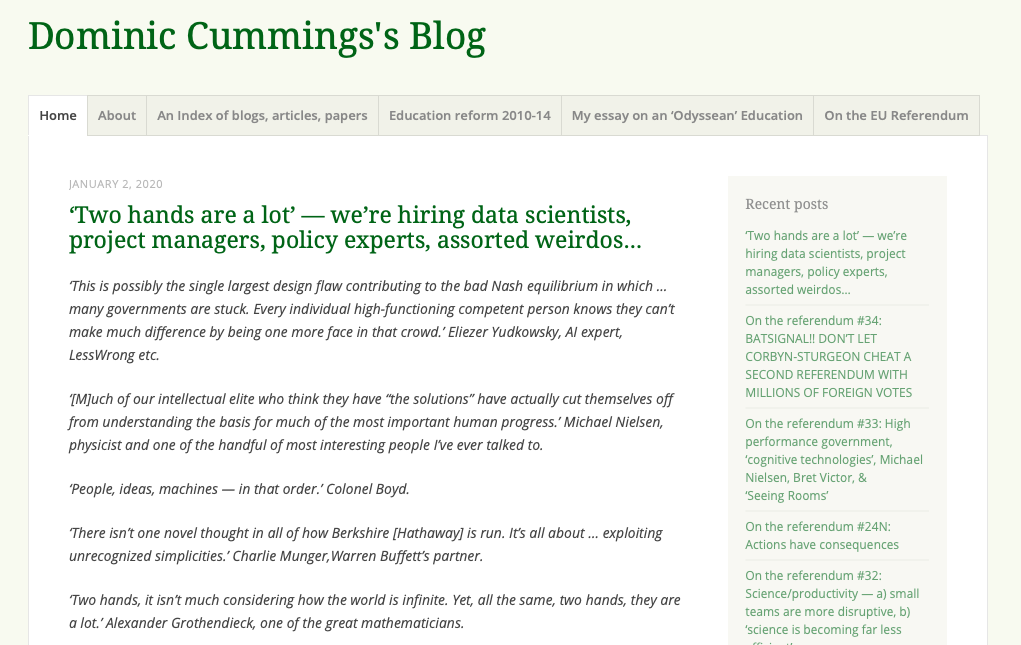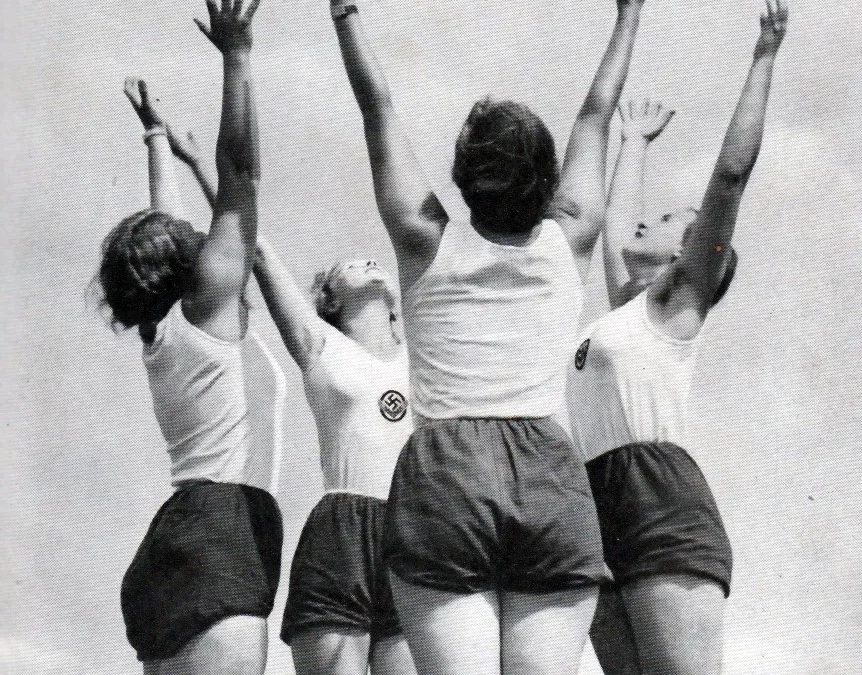This article was published by the December 2015 edition of Standpoint magazine here. What follows is a pre-edited version.
In spite of everything, this summer I married. The everything was not the man, who is my soulmate and my mighty tower. It was the institution, of which I had long been sceptical.
Literature, with its centuries-old fixation on marriage either as anticipated, or as experienced (the latter especially in works of last 150 years), helped me to think this through. The century-old but startlingly modern conversation at the opening of D.H. Lawrence’s Women in Love struck a particular chord:
‘Ursula,’ said Gudrun, ‘don’t you really want to get married?’ […]
‘I don’t know,’ she replied. ‘It depends how you mean.’ […]
‘Well,’ she said, ironically, ‘it usually means one thing! But don’t you think anyhow, you’d be—’ […] ‘in a better position than you are in now.’
A shadow came over Ursula’s face.
‘I might,’ she said. ‘But I’m not sure.’ […]
‘You don’t think one needs the experience of having been married?’ she asked.
‘Do you think it need be an experience?’ replied Ursula.
‘Bound to be, in some way or other,’ said Gudrun, coolly. ‘Possibly undesirable, but bound to be an experience of some sort.’
‘Not really,’ said Ursula. ‘More likely to be the end of experience.’ […]
‘Of course,’ she said, ‘there’s that to consider. […] You wouldn’t consider a good offer?’ […]
‘I think I’ve rejected several,’ said Ursula. […]
‘Really! But weren’t you fearfully tempted?’
‘In the abstract but not in the concrete,’ said Ursula. ‘When it comes to the point, one isn’t even tempted—oh, if I were tempted, I’d marry like a shot. I’m only tempted not to.’ The faces of both sisters suddenly lit up with amusement.
‘Isn’t it an amazing thing,’ cried Gudrun, ‘how strong the temptation is, not to!’
Even in 1915, these women feel that they have a choice. Ursula has already had a disastrous affair. Now she can take marriage or leave it. Even when she meets her true mate and match, she prevaricates at length about marrying him.
Today’s choice is far more obtrusive, having become increasingly so since the 1950s. When Ted Hughes met Sylvia Plath at Cambridge, a man could be sent down for having a woman in his room. My father, who overlapped with Hughes at Cambridge, quipped to me regarding William Empson, who was sent down for having a condom in his room: ‘nowadays you’d be sent down if you were caught without a condom in your room’. Today’s couples need no longer ruminate, as Hardy’s Jude the Obscure does, that there is ‘something wrong in a social ritual which made necessary a cancelling of well-formed schemes […] because of a momentary surprise by a new and transitory instinct which had nothing in it of the nature of vice, and could be only at the most called weakness.’
Even children are no longer determinative. ‘Bastard’ is a rude word as applied to someone’s character; as applied to someone’s illegitimacy, it is impermissible. Long gone are the days of Dorothy Sayers’s 1934 The Nine Tailors, in which a man dies because an innocent bigamist wishes to avoid his daughters’ illegitimacy becoming known.
The legal advantages of marriage are now so much diminished that, unless one plans divorce from the outset, one is hardly likely to enter marriage as Sue Bridehead criticises it to Jude, as ‘a sordid contract, based on material convenience in householding, rating, and taxing, and the inheritance of land and money by children, making it necessary that the male parent should be known’. True, the disadvantages for women are also gone. No longer is marriage the patriarchy described by George Eliot in Daniel Deronda: ‘There may come a moment when even an excellent husband who has dropped smoking under more or less of a pledge during courtship, for the first time will introduce his cigar-smoke between himself and his wife, with the tacit understanding that she will have to put up with it.’ A modern Gwendolen could not only not put up with it, but would have got to know Grandcourt better before marrying in the first place. She would not rely on what Eliot calls, à propos of Dorothea’s decision to marry Casaubon in Middlemarch, ‘the pilulous smallness’ of ‘the cobweb of pre-matrimonial acquaintanceship’.
I therefore felt little institutional or social inducement to marry. But I also had a positive distrust of marriage, on two counts: that it was infra dig, and that it was risky.
Part of me had an instinctive sense that private relationships were precisely that, and that the state – the ultimate manifestation of the public – had no right to a knowledge of them. Here my inner libertarian found a voice and spoke thus: if we object, as some of us do, to the state knowing whom we telephone, why do we rush to tell the state with whom we live? What business has the state to require a correlation between emotional attachment and sexual practice? Marriage assumes both sexual activity and sexual fidelity, since it may be annulled in the absence of the former and dissolved in the absence of the latter. But in an era of widely-available contraception, and little desire for population growth, the state’s interest should be in the durability of social units, not in sexual behaviour – the correlation between the two being something for individuals to work out for themselves.
Individuals who sought a literal and metaphoric rubber-stamping of their relationship by the state were, it seemed to me, potentially insecure. Afraid that their wish to live together might not endure, they sought in state and society third parties to restrain them, rather as Ulysses ordered his crewmates to lash him to the mast whilst passing the Sirens (since against the siren voice of love and desire for others we have limited means of stopping our ears). Or they resembled the person who advertises his intention to give up smoking to his friends, in order to be answerable to them in case of failure. Such outsourcing of self-control in the most intimate aspects of one’s life seemed to me demeaning even when successful.
Moreover, marriage was not what it once had been. The state, in facilitating divorce progressively since the Married Women’s Property Acts of the 1870s, was behaving humanely. It did not assume lifelong compatibility to follow inevitably from the decision of two parties to marry, in contrast to the romantic-bourgeois assumption, encouraged by Queen Victoria, that marriage constituted eternal connection. The problem was that the latter idea was, to my inner romantic, far more attractive – to the extent that I found the Church callous in defining marriage only as ‘til death do you part’. Was this connection, probably felt at its strongest at the moment of death, suddenly non-existent? Was there not some emotional and ontological sense in the (sexist and cruel) Indian suttee? By contrast, the current UK registry-office ceremony, in a tellingly tautological formulation, unites the couple ‘for the rest of their married lives’. If marriage is not necessarily to last even as long as the partners’ mortal lives, then what is it? How can something which sells itself as permanence contain get-out clauses?
Celebrities who marry in Las Vegas and start divorce proceedings the following day mock marriage, but also highlight its mockability (at least, in the UK, one must wait a year before moving divorce proceedings). Even as early as the 1890s of Jude the Obscure, marriage is made ridiculous by Jude and Arabella’s, and Sue and Phillotson’s, divorces and remarriages.
Marriage has therefore become something of a romantic gesture, like tattooing one’s forehead with one’s beloved’s name: public, costly to acquire, costlier to get rid of, and impossible to completely expunge. In going through the effort and expense of a wedding, and taking on oneself the risk of the misery, cost, embarrassment and cost of a divorce, one makes a statement of love.
This is marriage at its better end. It has less dignified aspects. Since it no longer, for many, signifies the beginning of a new lifestyle, the only thing of which it marks the beginning is itself. Sherlock (in the 2014 TV episode ‘The Sign of Three’) is understandable, when he responds to his landlady’s remark: ‘So – it’s the big day, then!’ ‘What big day?’ ‘The wedding! John and Mary getting married!’‘Two people who currently live together are about to attend church, have a party, go on a short holiday and then carry on living together. What’s big about that?’
The self-referentiality of marriage has helped to inflate wedding ceremonies in inverse proportion to the length of marriages. The growing gap between content and form mirrors that of our monarchy. Today’s coronation ceremony is not far from the heights of pomp reached in the early twentieth-century Durbar, when the monarch was being crowned to reign over the world’s superpower. Just as the ostentation of our monarchy helps to compensate for Britain’s declined power, the ostentation of weddings helps to compensate for their insecurity.
Royal weddings are themselves taken as a model. Not only has getting married filtered down over the last three centuries from the upper classes (who had land to unite and allegiances to guarantee) to everyone, but its most aristocratic trappings are desperately imitated, even at the expense of debt (although it is now the case that the poorest marry less, feeling unable to afford what is de rigeur, or, worse, what is half the point). For that aspect of a wedding which allows spouses to hold court amongst their friends is now a considerable part of the attraction of marriage itself. Often a fairy-tale element is included; weddings may take a theme from a work of fiction, or be conducted in a place, such as a tropical beach, far outside the couple’s normal life. This fictionalising element purports to stitch the relationship into eternity, but it risks leaving the marriage itself stranded in a prosaic reality. It is a feature of many novels until the late nineteenth century, and most comedy from Menander onwards, to end in marriage. Fiction in that sense is a poor model for a wedding.
Finally, so much about English weddings, as their traditions have ossified in the twentieth century, seemed to me to be kitsch. The white dress’s suggestion of bridal virginity was as mendacious as sexist. The Mendelssohn, the cake-top couple, the confetti, all seemed to fit the fact that weddings in the twentieth century are largely celebrated in lowbrow fiction – Mills and Boon and cinematic rom coms – whilst serious literature since Lawrence has left them behind. The perceived vulgarity of other marriages can put one off one’s own; after seeing the couples preceding them at the registry office, Sue says: ‘Jude—I don’t like it here! I wish we hadn’t come! The place gives me the horrors: it seems so unnatural as the climax of our love!’
Marriages today are partly entered in order to write ‘The End’ under varied sexual experience and the emotional strain which it entails. As Marie demands of her fiancé in When Harry met Sally: ‘Tell me I’ll never be out there [searching for a partner] again’. Or, as Betsy Tverskaya in Anna Karenina explains: ‘by marriages of prudence we mean those in which both parties have sown their wild oats already.’ But precisely because the moment at which this decision is made, and the fact that it is made at all, are matters of choice, conditionality is built into marriage from its outset.
But I not only had a distaste towards modern marriage, but anxiety. One has the more liberty to indulge anxiety about something that is not compulsory, as contrasted to the widow in Jude the Obscure who remarks: ‘Nobody thought o’ being afeard o’ matrimony in my time, nor of much else but a cannon-ball or empty cupboard! Why when I and my poor man were married we thought no more o’t than of a game o’ dibs!’.
Sofar from resembling a game of dibs, if it is to be entered seriously at all, it means entering into an awesome responsibility. ‘For better, for worse, for richer, for poorer, in sickness and in health’. Many have gone through much pain in obeying these injunctions. Purely celebratory weddings seemed to deny this. Should they not also contain a space for leave-taking from one’s previous life, and acceptance of the great, possibly dreadful, unknowns which even now follow a wedding? Literature has done poorly at reflecting this. It has given us the wedding-eve anguish only of heroines being forced against their will. Any wedding eve should contain, for both partners, some grief and some awe. Thereafter, both parties are expected to lean on each other, but therefore to be individually off-balance. They become correspondingly more vulnerable to mutual loss, with no insurance options.
Marriage also, sofar from liberating people into sexuality as it did in the past, closes down all sexual options, but one, for life. Promiscuity or serial monogamy are for many tasted fruits which it can be hard to promise to abjure, let alone to want to abjure, for life. One can feel in bad faith promising something which it is not necessarily in one’s power to perform. Hardy describes the wedding of Jude and Arabella thus:
standing before the aforesaid officiator, the two swore that at every other time of their lives till death took them, they would assuredly believe, feel, and desire precisely as they had believed, felt, and desired during the few preceding weeks. What was as remarkable as the undertaking itself was the fact that nobody seemed at all surprised at what they swore.
There is also in marriage the fear of making a hash of it, all the greater because one need not have made the attempt in the first place. And so a marriage is, like a child, watched in its development, health and longevity by its creators. Or else, it is carried like a fragile and precious vase; its carriers cannot skip about as they used to.
After marriage, sexual relations beyond one’s partner are reclassified and condemned as adultery. Unmarried partners have the security of being private and fluid, because undeclared. Indeed, since even same-sex partners may now marry, partners who do not are interpreted as making as clear a statement – of non-commitment – as those who do.
Finally, whereas marriage was previously a license for gold-digging men who appropriated their wife’s wealth, it is now a license for gold-digging poorer partners. No-fault divorce with equal division of assets makes marriage an invitation to robbery, so that it now more than ever fits the description of it given by Sue to Jude: ‘a sort of trap to catch a man’.
Sue also decides against marriage because she believes that love should be a daily plebiscite, ‘whose essence is its voluntariness’; ‘it is foreign to a man’s nature to go on loving a person when he is told that he must and shall be that person’s lover. There would be a much likelier chance of his doing it if he were told not to love. […] Fancy the secret meetings between the perjuring husband and wife […] There’d be little cooling then.’ By contrast, the landlord of the remarried Jude and Arabella, who ‘doubted if they were married at all, especially as he had seen Arabella kiss Jude one evening’ ‘was about to give them notice to quit, till by chance overhearing her one night haranguing Jude in rattling terms […] he recognized the note of genuine wedlock; and concluding that they must be respectable, said no more.’
The film which captures the confusions of modern marriage better than any is 1994’s Four Weddings and a Funeral. It ends with Hugh Grant, after much throat-clearing, asking Andie MacDowell whether she would agree ‘not to marry me? And do you think not being married to me might be something you might consent to do for the rest of your life?’ ‘I do’. Between 1981 and 2011 the number of marriages conducted each year in the UK dropped by a third.
And yet – I married.
Partly, I admit, this was an act of conservatism. I couldn’t quite be bothered to be at the cutting edge of history, given that I had a partner in whom I felt utterly secure, knew a few older people who still sniped at the idea of a spinster, and found that none of my highly-educated, unmarried friends sniped at the idea of marriage at all. I had a timid sense of relish at the idea of being completely approved of in my doings, by God, government, everybody. If the forbidden has its attractions, so does the approved.
I also understood the semantic dimension of marriage. I looked at such ancestral portraits as my family has, and liked the simplicity of seeing the couples together in one frame. Who knows the complexity of their sexual lives, let alone of their hearts? But marriages render history more legible; whatever other relationships existed, those ones certainly did. If posterity were to peruse me, I would wish my most important relationship to be read.
But, most importantly, the decision to marry is a joint one by definition and par excellence. The feelings about marriage described above were mine alone. In deciding to marry, I was uniting myself to my husband’s feelings about marriage too.
One month intervened between our registry office ceremony and our (German) church wedding. I confess that I did not enjoy this month. I had a lurching sense that, having found a comfortable armchair in which I wished to sit for the rest of my life, I had affixed straps to the chair, and could not move if I would. My husband told me that I had not built for myself a prison, but a home. Jude makes a similar correction to Sue once they become lovers: ‘”The little bird is caught at last!” she said, a sadness showing in her smile. “No—only nested”.’
But the evangelisch church wedding felt right: awesome, loving, and active – the reverse of the passivity of being stamped. With it I shifted the genre of my life. Modern marriage may be a mess. State, churches, and individuals should think hard about how its contradictions and absurdities can be removed. But, even as it is, thousands choose to enter it in good faith and to their benefit. Like Ursula in Women in Love, I did not predict this of myself. It was contingent on the sheer good fortune of finding the man that I did. Whereas Ursula was ‘tempted’ ‘in the abstract but not the concrete’, for me it was the other way round. But, as for her, as for Lawrence, and as for many people past and present that I respect, it feels right.




